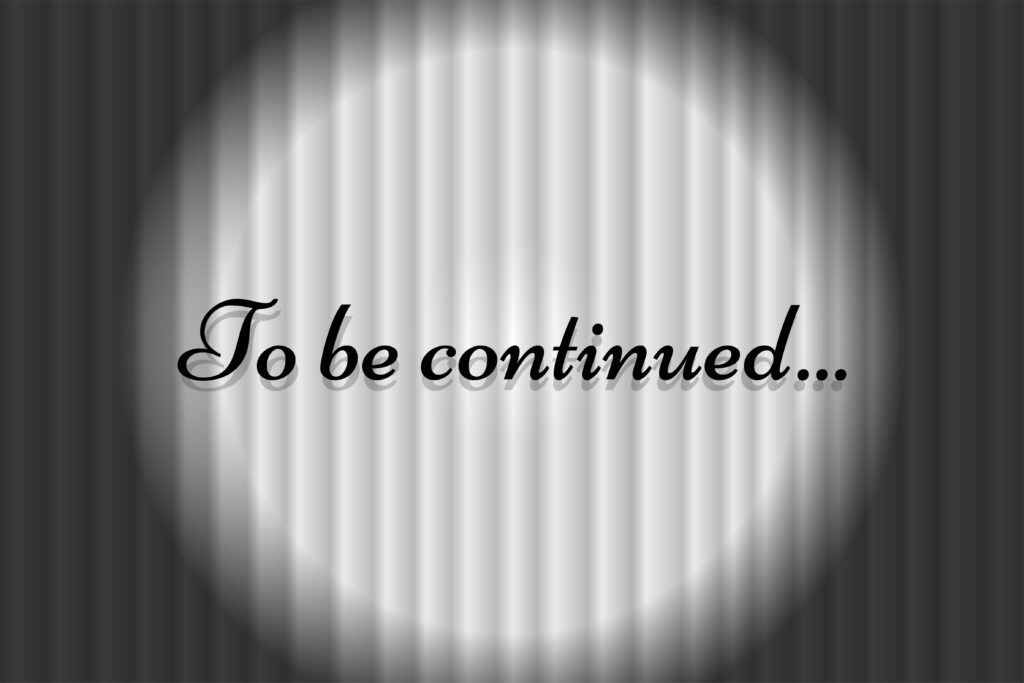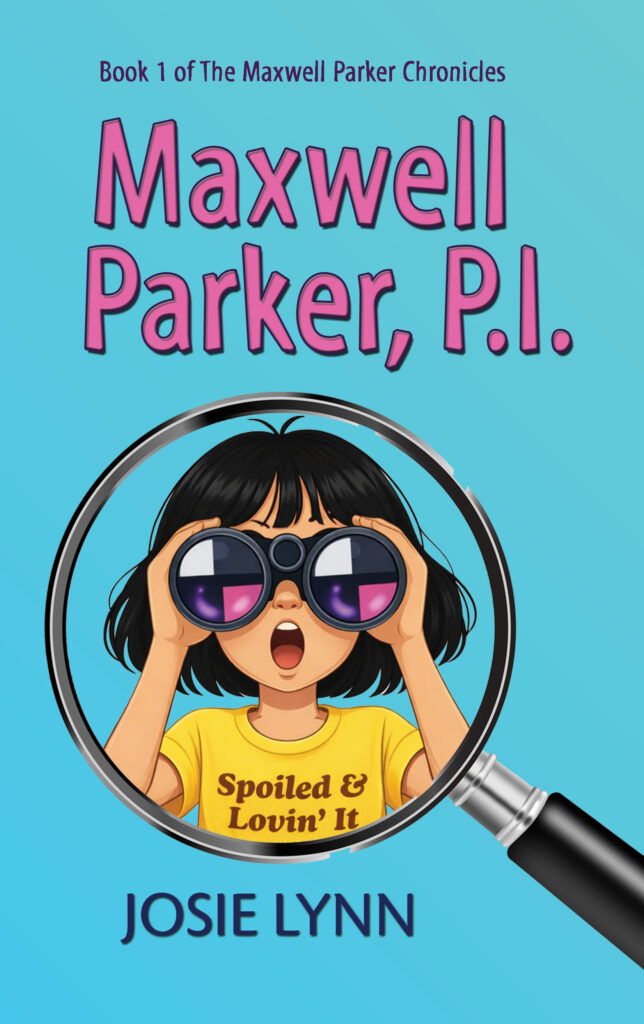“A writer writes always” is something Larry, a character in Throw Momma From the Train, tells his creative writing students.
(Disclaimer: in the interest of complete transparency, now would be a good time to admit that I remember most of the lines from Throw Momma From the Train. What can I say? I like—in no particular order—1. movies about writers, 2. Billy Crystal, 3. Danny DeVito, and 4. twisted re-makes of Hitchcock films.*)
I suppose the line resonated with me because I have always considered myself a writer, and because the line happens to be true. A writer does write…always. You can’t stop it, it just happens. Sort of like Kevin James’ dance moves in Hitch.
I write because when I was a little girl, my mother took me to the library on a day that a famous children’s book writer was having a meet and greet. “Go on, talk to him,” she nudged, but being shy, I was content to watch from a comfortable distance. Still, that day I learned that writers were regular people. If I hadn’t seen him, it would have taken quite a bit of effort to convince me that books were written and didn’t just exist, like facts.
I write because in junior high, after having consumed every book in the house, my mother showed me her black binder that looked ancient to me because she’d had it since college. “It’s a book I was going to write,” she told me, and I read it. My mother wrote stories, submitted them, and was never published. So, I decided to continue her tradition.
When I was seventeen something extraordinarily ordinary happened to me and sparked an idea that became a novel. I typed it up and sent it to agents and editors and anyone whose address I could find. And it came back, again and again…and again. It didn’t happen the way I would have written it, but nothing ever does.
Finally, an agent wrote back with the words I’d dreamed of hearing: “Your novel has the potential to be a best seller.” All it needed, she assured me, was a final edit by a professional, and she knew just the guy. You can probably guess the rest of that story—it’s been written before. But the point of my version is that I was young, hopeful, and ultimately crushed.
After that fiasco, writing didn’t hold the same allure it once had. I felt like throwing in the towel, switching to some other career that was less gut-wrenching/disappointing. So, I stopped writing. I stopped sending out my unsolicited manuscripts. I stopped reading magazines about writing. I stopped dreaming. But I couldn’t stop the stories. Eventually, I knew something better than I knew lines from Throw Momma from the Train: A writer doesn’t write for publication. A writer isn’t a writer because she is published. A writer writes, always. End of story.


*After watching Throw Momma From the Train (as an impressionable young girl), I had to see the original movie…Strangers on a Train. I regret to report that this led to a life-long addiction to** Hitchcock movies. A similar fascination with Hitchcock is what inspires my protagonist Maxwell Parker to suspect her new neighbor of murder in Maxwell Parker, P.I. The lesson? You never know what will happen when you introduce Hitchcock to a preteen with an over-active imagination!
**”a life-long addiction to” may be too strong a choice of words. Maybe “an extreme liking of” would be better. Because I can quit anytime. Really…I can…
- What about you…why do you write?

